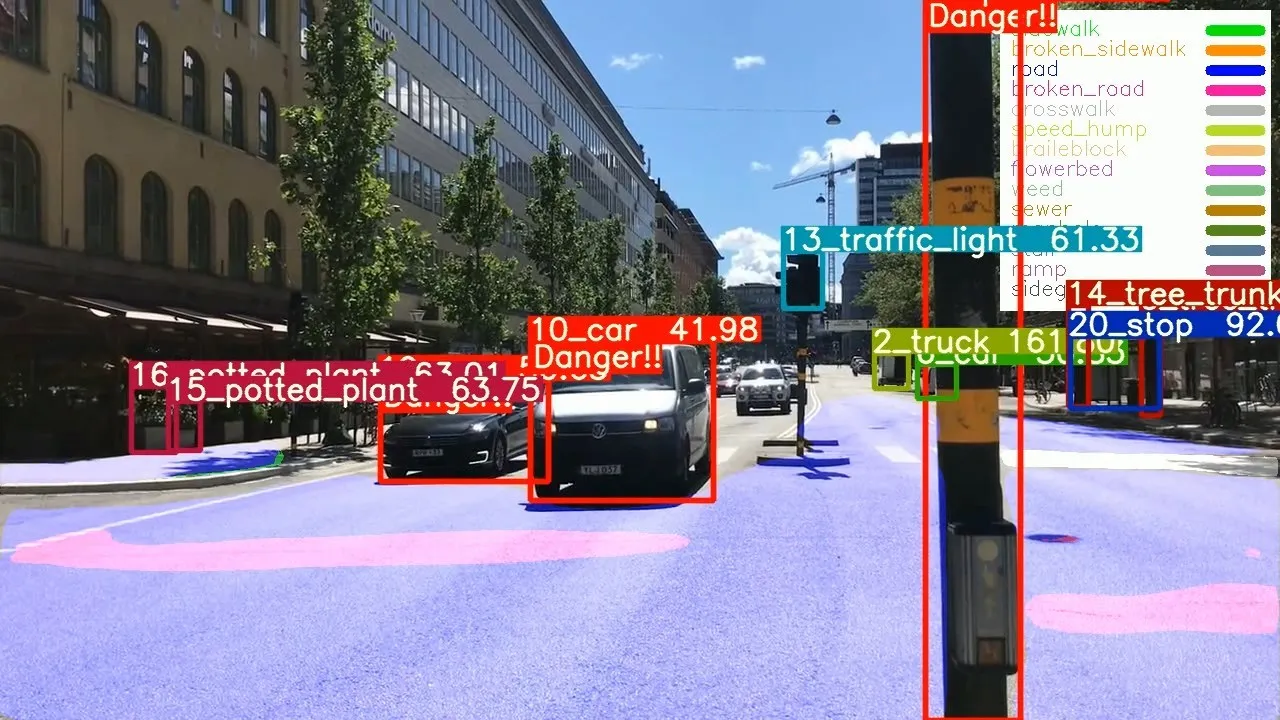Traffic systems will soon be linked across the Gulf Cooperation Council (GCC) countries of Bahrain, Kuwait, Oman, Qatar, Saudi Arabia and the UAE. A technical team will oversee the implementation of the link that will be used as a core for other services aimed at reinforcing cooperation between member countries, the heads of traffic said as they convened for their 30th meeting.
May 22, 2013
Read time: 2 mins
Traffic systems will soon be linked across the Gulf Cooperation Council (GCC) countries of Bahrain, Kuwait, Oman, Qatar, Saudi Arabia and the UAE.
A technical team will oversee the implementation of the link that will be used as a core for other services aimed at reinforcing cooperation between member countries, the heads of traffic said as they convened for their 30th meeting.
“The UAE had proposed the link between the traffic systems in the GCC and it has been approved by all members,” Ghaith Hassan Al Zoabi, the head of the UAE delegation, said. “The first phase is to link the traffic systems to be followed by a link for the fines across the GCC countries,” he said.
Traffic authorities in the UAE last year reported a deficit of millions annually with thousands of GCC motorists failing to pay their fines before leaving the country. The steady increase in the number of GCC-registered vehicles entering the UAE could compound the situation if no appropriate measures were taken to address the unpaid fines, they said.
The meeting said that the GCC traffic officials were also working on increasing awareness about the different types of violations in each of the member countries.
A technical team will oversee the implementation of the link that will be used as a core for other services aimed at reinforcing cooperation between member countries, the heads of traffic said as they convened for their 30th meeting.
“The UAE had proposed the link between the traffic systems in the GCC and it has been approved by all members,” Ghaith Hassan Al Zoabi, the head of the UAE delegation, said. “The first phase is to link the traffic systems to be followed by a link for the fines across the GCC countries,” he said.
Traffic authorities in the UAE last year reported a deficit of millions annually with thousands of GCC motorists failing to pay their fines before leaving the country. The steady increase in the number of GCC-registered vehicles entering the UAE could compound the situation if no appropriate measures were taken to address the unpaid fines, they said.
The meeting said that the GCC traffic officials were also working on increasing awareness about the different types of violations in each of the member countries.










